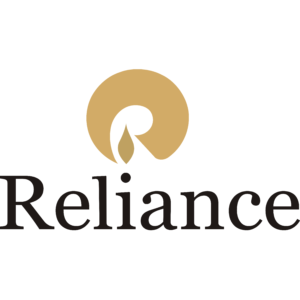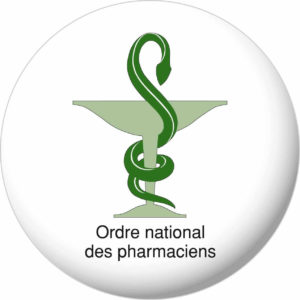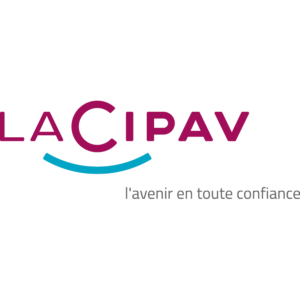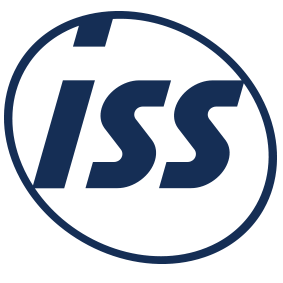Malaise and
crisis situation
Let's talk about your project
While well-being at work remains the objective, difficult situations and malaise necessarily exist in a company. Throughout their professional career, every individual, every group will go through more or less complicated periods which can find their roots both in the individual and personal dimension of employees and in organizational reasons.
When the imbalance between the constraints and the resources perceived is too great, the malaise can set in suddenly or gradually.
Malaise and crisis situations: what are they exactly?
The WHO (World Health Organization) defines mental health as “a state of well-being in which every individual realizes his or her own potential, can cope with the normal stresses of life, can work productively and fruitfully, and is able to make a contribution to her or his community.”
Faced with certain situations in a company, an individual may feel overwhelmed and unable to cope with these situations. Depending on its internal resources and the protective factors offered by the company, a state of psychological discomfort can appear and persist.
Malaise can be linked to many impacts both at the individual and collective levels.
At the individual level, the following signs can appear:
- Psychological signs: tiredness, disturbed sleep, decrease in motivation, sadness, anger, fear, anxiety, irritability, depression, etc.
- Physical signs: muscle pain, headaches, gastric problems, musculoskeletal disorder (MSD), etc.
- Behavioral signs: lack of investment, addictive behaviors, isolation, recurring complaints, etc.
At the collective level, the following elements can appear gradually:
- Interpersonal difficulties: complicated relationships within a team, recurring conflicts on topics of relative importance, disruption in the managerial relationship, etc.
- Impacts on performance: disengagement from a project, difficulties in achieving objectives, loss of meaning, etc.
When a situation of individual or collective malaise is left out, it can potentially grow both at the individual and collective level, eventually leading to a crisis situation.
The crisis can be defined here by a specific, atypical and unusual situation that is characterized by an unstable state which, without appropriate intervention, will intensify, involving more and more people and having broader impacts.
Deeply destabilizing personal situations that invade working life
Either way, the boundaries between personal and working life are becoming increasingly permeable. Thus, many events in everyday life can have sufficiently important effects to have an impact not only on private life but also on the working life.
Divorce, bereavement, family problems, traumatic events, epidemics, precariousness, addiction, to name just a few, are all events outside the company that could generate a sufficiently strong malaise to impact the health and then the performance of an employee.
The malaise that gradually settles in an individual or within a group following professional factors
Many organizational and relational factors can have an impact on the mental health of the employees.
At an organizational level, the feeling of time pressure, overwork, lack of meaning, or, for example, the concern for the future can generate a level of stress which, when not taken into account, will eventually generate malaise.
At the relational level, conflicts in the managerial relationship or between employees, if they persist, will often also be a source of malaise. More seriously, the presence of psychological violence, or even behaviors that could be assimilated to harassment, can generate significant pain.
The malaise generated by serious and unpredictable crises
Faced with a dangerous, shocking, or destabilizing event, an individual may feel overwhelmed, no longer knowing what to think or how to react. In these situations, resilience skills are under severe pressure and strong impacts may appear in the short, medium, and/or long term. Whether in the office, in the field, or even while teleworking, many serious situations can generate malaise, or even trauma, for example:
- Exposure to a serious or even fatal accident
- Exposure to violence or threat of violence
- Sudden death or serious illnesses of an employee
- The suicide or suicide attempt of an employee
- Sexual harassment and sexist or sexual assault
- Natural disasters
- Closing of a site
- Job loss
What service does Ekilibre offer in terms of malaise and crisis situation?
Our objective is to provide the best support for each company in achieving its goals, from the implementation of a global approach to more specific reinforcement actions.
Each of our supports is guided by a rigorous methodological framework and regularly updated scientific knowledge. We are also in line with the recommendations of national and international reference organizations.
Regarding the topic of malaise and crisis situations, Ekilibre stands out for its clients through neutral, caring, and person-centered interventions that rely on the highly developed listening and support skills of our consultant psychologists. Management and guidance always play a central role in our coaching, including in a context of emergency and/or psychological suffering.
As an example, the main services we can offer you are listed below.
- Development of a complete and integrative approach to prevent suffering in the workplace
- Global support on the prevention of psychosocial risks during a restructuring
- Advice on crisis communication following a serious event
- Establishment and support of a crisis management unit
- Audit of organizational resilience capacities to face crises
- Considered assessment of the impacts of a serious event on a team
- Stress management training
- Conflict management training
- Burnout management training
- Crisis management training
- Training to prevent and cope with suicide
- Training on vigilance and warning signals detection
- Training on the prevention of moral and sexual harassment
- Coaching for a manager following a traumatic event
- Team coaching to support a return to performance and serenity in a context of relational difficulties
- Listening and support service on site
- Professional mediation
- Discussion group for HR functions
- Implementation of “defusing” intervention less than 24 hours after a traumatic event
- Establishment of an emergency psychological debriefing unit
- Supporting the supervision following a traumatic event
- Group letting people express themselves and support the expression of emotions
- Provision of multimedia and multichannel tools for listening and support 24/7 (toll-free number, chat, video, etc.)
- Listening and support approaches for groups in degraded situations
Each situation deserves to be understood in its singularity. Therefore, we invite you to contact us so that we can better understand your needs and co-develop with you the most suitable project.
They have trusted us, why wouldn't you?


































































